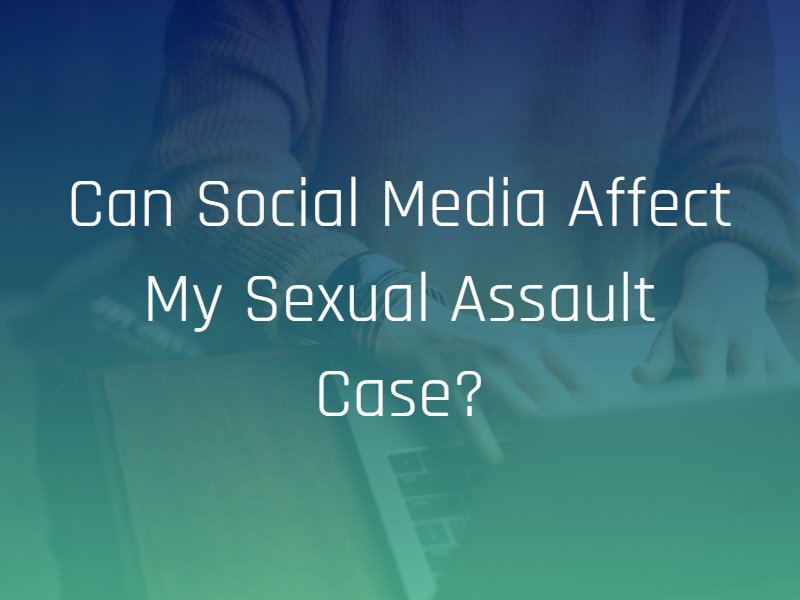If you have a pending court date, it is very important to watch what you post online. Prosecutors and defense attorneys use social media to establish character, affirm timelines, and present evidence to the courtroom. Social media can be detrimental to the victim and the perpetrator alike, so it is crucial to understand how your posts can impact the outcome of your case.
Defense Attorneys and Social Media Posts
During a sexual assault trial, the prosecutor and the defense attorney will present evidence in front of a judge and jury. The prosecutor, a government attorney who represents the interests of the state, will present evidence to establish the defendant’s guilt. The defense attorney, who represents the best interests of his or her client, will present evidence to establish the perpetrator’s innocence.
Defense attorneys will often try to discredit victims of assault by using their social media posts against them. The defense lawyer in your case may look at your comments, posts, and photographs on social media in the time before and following the assault. He or she may also look at your tagged photographs and posts to look for discrediting evidence.
What you say on social media could harm your case. If you share information about the assault that contradicts your previous accounts, the defense attorney may try to use your post to prove that you are lying about the assault. Discussing vulnerable topics, such as mental health conditions or alcohol use, may also open you to attacks from the defense.
Photographs could also impact your case. In general, you should avoid posting photographs that could harm your character or testimony. If you are pressing criminal charges against a perpetrator who assaulted you at a party, you may want to avoid posting photographs of yourself while you are inebriated. The defense attorney could present these photographs out of context to discredit your testimony.
How Do Prosecutors Use Social Media?
The prosecutor may also use the perpetrator’s social media accounts to build his or her case. Certain types of social media posts, such as photographs, location check-ins, and videos, can establish a defendant’s movements prior to and following the assault. The prosecutor may also look for premeditation or admittance to the crime on social media.
Like the defense attorney, the prosecutor may also use a perpetrator’s social media posts to build character. If the perpetrator has a history of posting sexually aggressive statuses or photographs, the prosecutor may use these posts to establish an unfavorable portrait of him or her. The prosecutor may also look at the profiles of the perpetrator’s friends and family to uncover additional character evidence.
Tips for Safe Social Media Use
Social media use can be risky before a criminal trial. It is important to be mindful of what you say and what others post about you online. It is also important to avoid engaging in behavior that could discredit your testimony or harm your character during trial.
Before you post on social media, remember that the defense attorney could use anything you post against you in court. Use this information to decide what and when to post online. Avoid posting statuses or photographs about sensitive topics, such as alcohol use, mental health, or drugs.
Refrain from seeking support or venting online about the assault. Instead, seek help from a counselor, sexual assault service provider, or a survivor support hotline. If you need support and want to explore additional legal options, contact a sexual assault attorney as soon as possible.

